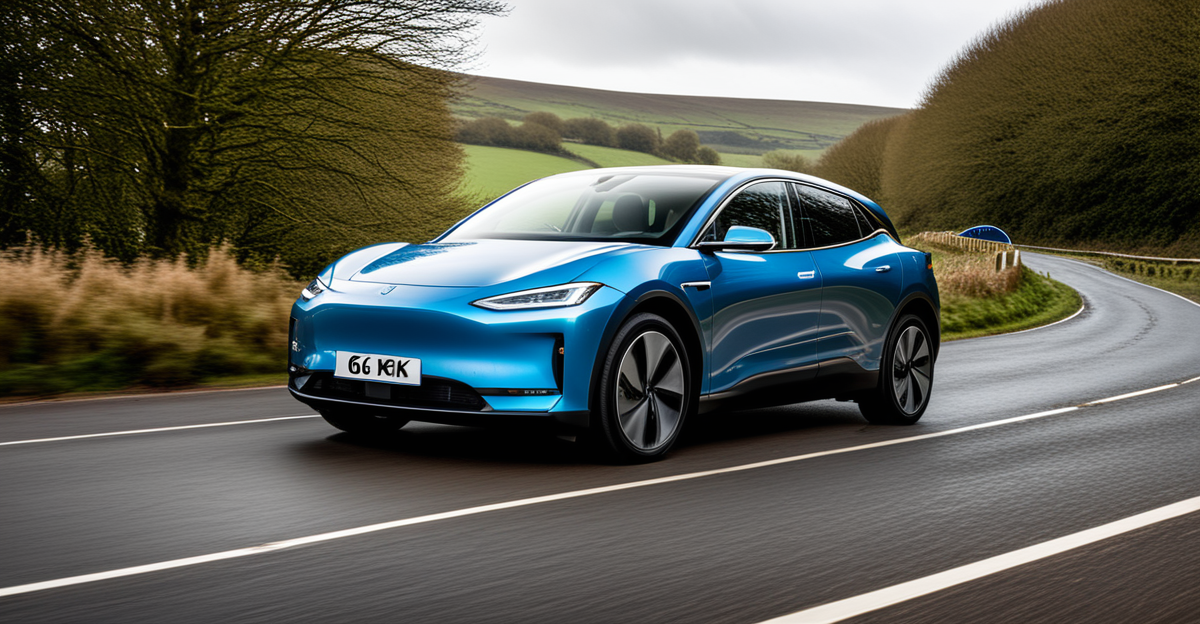Key challenges facing the UK automotive industry in the electric vehicle market
The UK automotive industry challenges in the electric vehicle market UK revolve heavily around supply chain disruptions. These disruptions have caused significant delays in EV production timelines, affecting manufacturers’ abilities to meet growing demand. The intricate network of suppliers, often international, creates vulnerability especially when key components like semiconductors or battery materials face shortages.
Another critical hurdle is the charging infrastructure limitations coupled with regional disparities. While urban areas tend to have better access to charging stations, rural regions often lag behind, posing logistical issues for consumers and reducing the overall appeal of EV ownership. Expanding this infrastructure requires substantial investment and coordinated planning across public and private sectors.
This might interest you : What Are the Environmental Implications of the UK Shift to Electric Vehicles?
Battery production constraints also stand out as a primary obstacle. The current battery production capacity in the UK is insufficient to support large-scale EV manufacturing. This domestic capability gap forces reliance on imports, which can disrupt production schedules and increase costs. Developing a robust local battery supply chain is essential for the UK to compete effectively in the global EV arena.
These EV obstacles UK—from supply chain disruptions and charging infrastructure gaps to battery manufacturing limitations—create a complex environment. Addressing them is crucial for the industry’s sustainable growth and for the UK to solidify its position in the accelerating electric vehicle market.
Additional reading : How are UK Automotive Trends Impacting Environmental Sustainability?
Workforce, investment, and regulatory issues shaping industry progress
The EV workforce shortages UK represent a significant challenge for the UK automotive industry as it transitions into the electric vehicle market. Many manufacturers face difficulties finding skilled professionals familiar with EV technologies, such as battery design, software integration, and electric powertrains. This skills gap slows development and production, making workforce upskilling imperative. Training programmes focused on advanced engineering and EV-specific maintenance are essential to equip workers for the evolving demands of the sector.
Addressing EV investment needs is equally critical. The industry requires substantial capital to fund innovation in manufacturing processes, ramp up production capacity, and expand charging infrastructure. Investment not only supports Research & Development but also fortifies the supply chain against disruptions, enhancing resilience. Without adequate funding, the UK risks falling behind competitors in electric vehicle technology and production scale.
Navigating the increasingly complex landscape of UK electric vehicle regulations adds another layer of difficulty. Manufacturers must comply with both domestic policies and international regulations, which evolve rapidly. Uncertainty over future standards can delay product launches and increase costs. Clear regulatory frameworks are necessary to provide stability, encouraging companies to invest confidently in EV development while ensuring safety and environmental standards are upheld.
Together, these UK automotive industry challenges in workforce, investment, and regulation shape the pace and success of the UK’s electric vehicle market growth. Efforts to build skills, secure funding, and clarify policies will be foundational to overcoming these hurdles.
Competitive pressures and consumer adoption barriers in the UK
The EV competition Europe UK is intensifying as European and global manufacturers accelerate product development, challenging domestic producers to innovate rapidly. Competitors benefit from larger economies of scale and established supply chains, putting pressure on the UK automotive industry to enhance efficiency and offer compelling electric vehicle options. This heightened competition demands that UK manufacturers focus on quality, affordability, and technological advancement to maintain market share.
Meanwhile, EV consumer adoption UK faces persistent barriers. The high upfront cost of electric vehicles remains a deterrent for many buyers despite potential long-term savings. Range anxiety—concern about the limited driving distance before a recharge—is another common fear that discourages consumers from switching from traditional petrol or diesel vehicles. In addition, inconsistent access to charging stations, especially outside urban centres, reinforces hesitation. These challenges require targeted solutions to improve consumer confidence and convenience.
To address these issues, the UK electric vehicle incentives play a crucial role. Government grants and tax benefits help offset initial purchase costs, making EVs more accessible to a broader audience. However, the effectiveness of these schemes depends on public awareness and ease of application. Some consumers remain unaware or unsure how to benefit fully from incentives, highlighting a need for robust public engagement strategies. Increasing information transparency and simplifying incentive processes can better support adoption and accelerate the UK’s transition to electric mobility.









